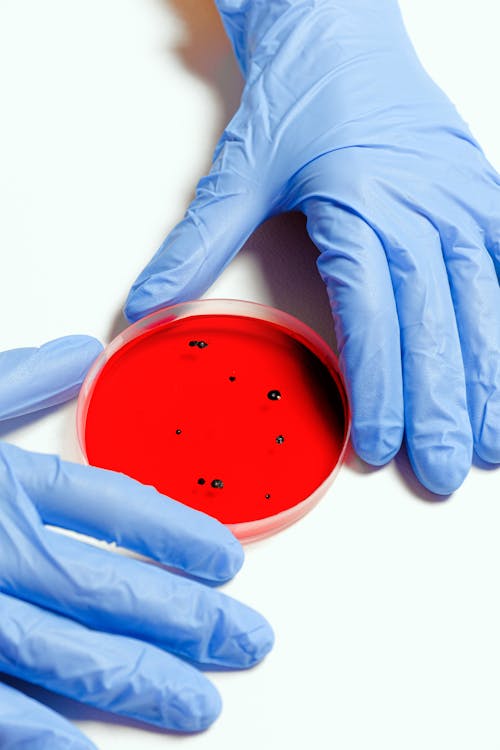What is the
coronavirus disease?
 A novel coronavirus is a new strain of coronavirus that has not been previously identified in humans. Coronaviruses (CoV) are a large family of viruses transmitting between animals and people that cause illness ranging from the common cold to more severe diseases such as Middle East respiratory syndrome (MERS-CoV) and severe acute respiratory syndrome (SARS-CoV).
A novel coronavirus is a new strain of coronavirus that has not been previously identified in humans. Coronaviruses (CoV) are a large family of viruses transmitting between animals and people that cause illness ranging from the common cold to more severe diseases such as Middle East respiratory syndrome (MERS-CoV) and severe acute respiratory syndrome (SARS-CoV).
Symptoms of coronavirus
COVID-19 affects different people in different ways. Most infected people will develop mild to moderate symptoms.

Common symptoms:
fever.
tiredness.
dry cough.
Some people may experience:
aches and pains.
nasal congestion.
runny nose.
sore throat.
diarrhoea.
On average it takes 5–6 days from when someone is infected with the virus for symptoms to show, however it can take up to 14 days.
Prevention and control
Protect yourself and others around you by knowing the facts and taking appropriate precautions. Follow advice provided by your local public health agency.
To prevent the spread of COVID-19:
Clean your hands often. Use soap and water, or an alcohol-based hand rub.
Maintain a safe distance from anyone who is coughing or sneezing.
Don’t touch your eyes, nose or mouth.
Cover your nose and mouth with your bent elbow or a tissue when you cough or sneeze.
Stay home if you feel unwell.
If you have a fever, a cough, and difficulty breathing, seek medical attention. Call in advance.
Follow the directions of your local health authority.
Avoiding unneeded visits to medical facilities allows healthcare systems to operate more effectively, therefore protecting you and others.

No comments:
Post a Comment